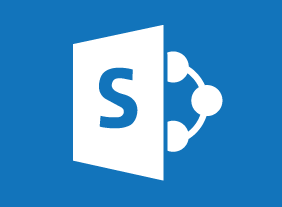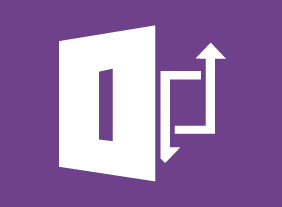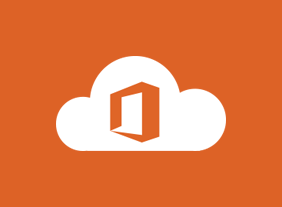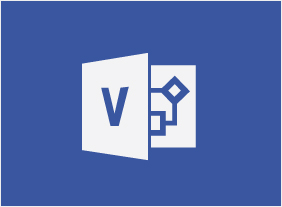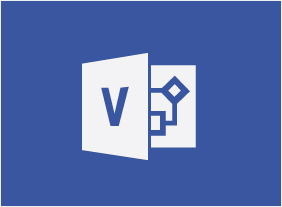-
Entrepreneurship 101
$99.00In this course, youll learn the basics of entrepreneurship. You will learn how to find and evaluate business ideas, flesh out those ideas by developing value propositions and financial projections, consider your ownership options, prepare the appropriate documents (including a business plan, pitch deck, and white papers), and gather funding for your business. Youll also learn the steps of developing, testing, marketing, and launching a product or service. To wrap things up, youll learn how to grow your business and become an entrepreneurial leader. -
Developing Your Training Program
$99.00After you complete this course, you will be able to: Describe the essential elements of a training program, apply different methodologies to program design, demonstrate skills in preparation, research, and delivery of strong content, explain an instructional model, and create a training program proposal. -
Project Management Training: Understanding Project Management
$99.00This in-depth course will take you through all aspects of project management. First, you will consider what a project is and what a project manager does. Then, you will work through the four stages of the project life cycle: conceptual, planning, execution, and termination. You will also learn some supporting skills, like teamwork, communication, and presentation. -
Motivation Training: Motivating Your Workforce
$99.00To start this course, you will learn about some basic motivation theories. You will also learn about setting goals, identifying values, and ways to create a motivational climate. -
Conquering Your Fear of Speaking in Public
$99.00To begin this course, youll review some of the basics of communication. Then, youll learn how to make small talk, develop conversations, speak well, dress appropriately, and control nervousness. To wrap things up, youll learn how to handle specific scenarios, like meetings and sticky social situations. -
Disability Awareness: Working with People with Disabilities
$99.00This course will assist with welcoming people with disabilities into workplaces, learning how to Interact with people with disabilities, identify and overcome barriers in the workplace, use respectful, appropriate, acceptable language in any circumstance, understand appropriate interaction during the hiring and interviewing process, and understand what job accommodation is and how it applies in a workplace.






